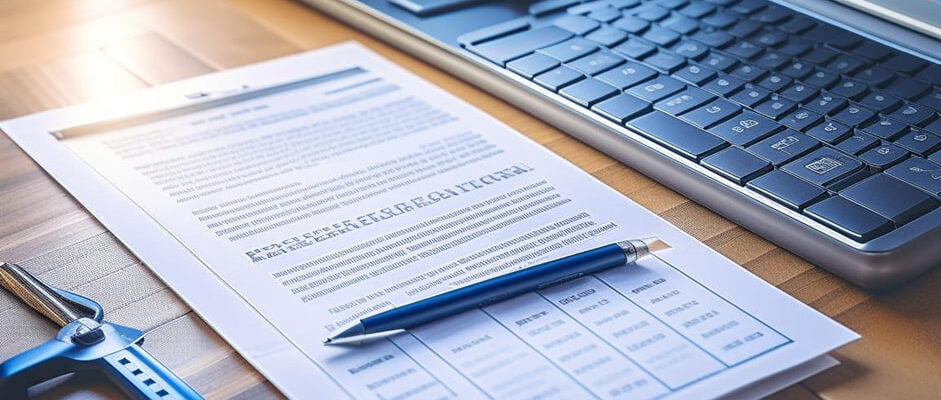The process of renting out a property involves adhering to various legal requirements which mandate the possession of certain documents and licenses. These protocols are instituted to safeguard the interests of both landlords and tenants. Here, we take a comprehensive look at the essential documents and licenses required globally, with insights drawn from prominent sources.
1. Rental License
In certain jurisdictions, landlords are required to obtain a rental license before leasing their property. The licensing process often involves a property inspection to ensure adherence to safety and housing codes. Depending on the locality, the licenses might require renewal on a yearly basis (U.S. Department of Housing and Urban Development).
2. Lease Agreement
A formal lease agreement is vital in defining the relationship between the landlord and the tenant. This document outlines the terms of the rental, including duration, rent amount, and maintenance responsibilities. Landlords are advised to consult legal resources or professionals in drafting a robust lease agreement (NOLO).
3. Proof of Ownership
Before renting out a property, landlords must provide proof of ownership. This document can be a deed or a title document that clearly states the landlord’s ownership of the property (Investopedia).
4. Landlord Insurance
Landlords are recommended to acquire landlord insurance that covers property damage, legal fees, and lost rental income. This document can serve as a financial cushion in case of unforeseen circumstances affecting the rental property(Insurance Information Institute).
5. Property Management Agreement
If a landlord decides to hire a property management company, a property management agreement is essential. This document details the responsibilities and fees of the property manager(Realtor.com).
6. Building and Zoning Permits
Depending on the jurisdiction, landlords might need to obtain specific building and zoning permits, especially if modifications or renovations are planned for the property. Information on these permits can be found on local government websites (U.S. Small Business Administration).
7. Energy Performance Certificate (EPC)
In certain countries, landlords are required to provide an EPC, which offers details on the energy efficiency of the property. This document is often necessary before listing the property for rent (Gov.uk).
8. Safety Certificates
To ensure tenant safety, landlords might be required to provide certificates that confirm the safety of gas and electrical installations in the property (Health and Safety Executive).
Conclusion
Being well-versed with the documentation and licensing needed for renting out a property is a fundamental prerequisite for landlords. These documents not only legalise the rental process but also serve as a protection mechanism for both parties involved.
FAQ
- Is a rental license necessary for all properties?
The requirement for a rental license varies depending on the jurisdiction. It is advisable to consult local housing authorities for specific guidance. - What should be included in a lease agreement?
A lease agreement should clearly state the rental terms, including the duration, rent amount, and the responsibilities of both parties. - How can landlords ensure the safety of their rental property?
Landlords can ensure safety by adhering to building codes, securing necessary safety certificates, and conducting regular property inspections.
By ensuring compliance with legal requirements and securing the necessary documents, landlords can foster a safe and transparent rental environment, promoting trust and satisfaction among tenants.

